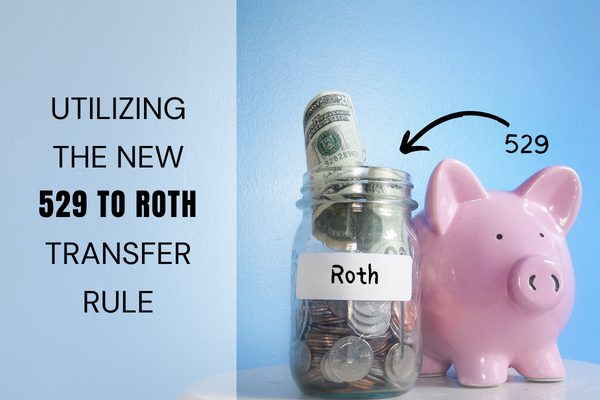Financial Literacy for your Children

Market Perspectives July 2020
July 8, 2020
Market Perspectives August 2020
August 10, 2020
By: Brenda McRae
Last year, Governor Roy Cooper signed a bill requiring all North Carolina high school students to pass a course in economics and personal finance as a requirement of graduation beginning with the 2020/2021 school year. Legislators who supported the bill pointed to the rising student debt problem as one of the reasons a course like this is needed. Plans call for the courses to cover topics such as credit scores, credit cards, loans, paying for college, and other financial issues.
This is a great start as financial literacy is essential to being successful. However, experts say that educating children about money should start much earlier. In fact, a study by Cambridge University reports that money habits are formed by the age of seven.
Children as young as three can understand basic concepts like saving and spending. Shopping trips can become lessons in delayed gratification (you wait and save for what you want) and wants vs needs (you want a new toy, but you need a new toothbrush).
School aged children can be taught that the money they get for chores, allowances, and presents should be divided into three categories: spending, savings and sharing. The spending money can be spent now. Letting a child make the decision on what to buy can be an opportunity to learn comparison shopping. The saving share will be accumulated over time toward a goal such as a bicycle or video game. And finally, the sharing portion should go to a charity or a cause of the child’s choosing.
Once your child is a teen, you can begin to teach them how to use credit responsibly and to develop a good credit history. Explain how important a good credit score is for their future and that bounced checks, paying bills late, or incurring late-payment fees are not only stressful but also can have a negative impact on their credit score.
Completing a course in personal finance before graduating high school is a good idea for all children, but as parents, we have the opportunity to instill our values surrounding money and credit in our children at a very early age.
At the end of the day, children are likely to pick up the money habits they have seen throughout their childhood. Having your own finances in order— budgeting, paying down debt, and donating to charity — lets you lead by example.
Carolinas Investment Consulting is not affiliated with any of the websites linked in this commentary. Nothing contained herein constitutes financial, legal, tax, or other advice. The views and opinions expressed in this article are those of the author and do not necessarily reflect the official policy or position of Carolinas Investment Consulting. The information published herein is provided for informational purposes only, and does not constitute an offer, solicitation or recommendation to sell or an offer to buy securities, investment products or investment advisory services. All information, views, opinions and estimates are subject to change or correction without notice. The appropriateness of an investment or strategy will depend on an investor’s circumstances and objectives. These opinions may not fit to your financial status, risk and return preferences. Past performance is not indicative of future returns.



